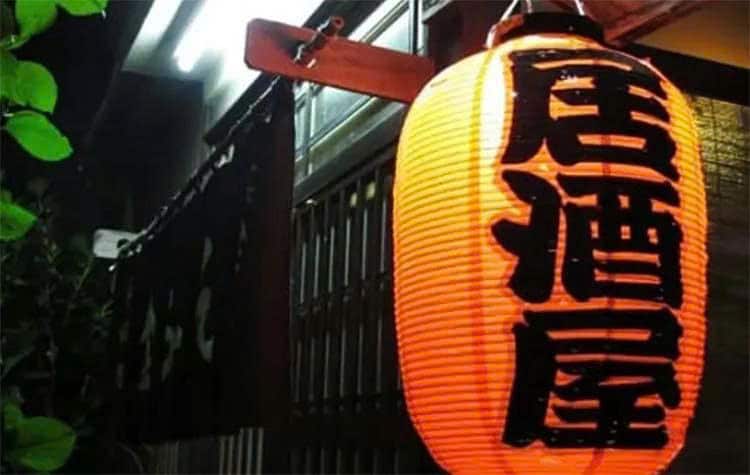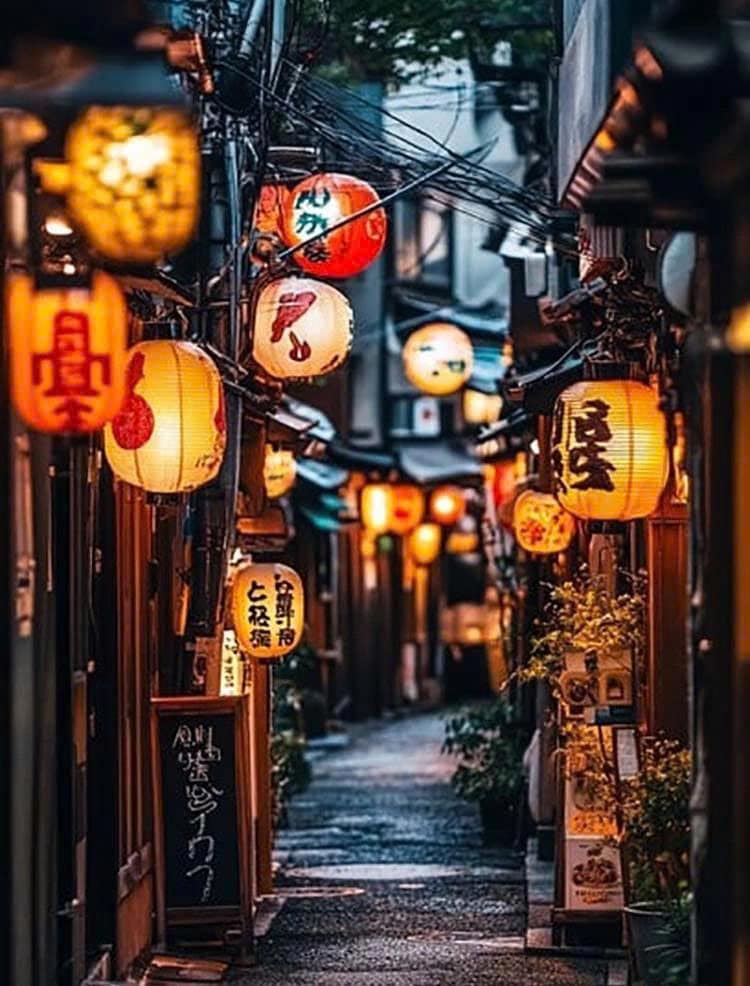Many international tourists believe that hanging lanterns in front of restaurants carries spiritual or traditional significance, but the actual reason is much simpler.
It’s common to see paper lanterns displayed outside eateries when walking through Japanese cities. Many international visitors often think they hold religious or traditional cultural meaning.
“The lanterns are simply menu boards,” says Andy Marsden, a Japanese-Australian food tour guide and founder of Osaka Food Tours.
According to Andy, information about the dishes and drinks served by the restaurant is printed directly on these lanterns, allowing passersby to see it from a distance, through crowds, or from across the street. Some restaurants even write their names on the lanterns for easy brand recognition.

Another common way for restaurants to advertise their food is by displaying plastic food models outside. Unlike advertising in many other countries that tends to exaggerate, the size of the food models in Japan is precisely the size customers will be served.
Andy has lived in Japan for 14 years, starting his career by guiding friends to eat out and later opening his own tour company. He now manages nearly 30 food tour guides.
Andy also mentioned an unwritten rule in Japan that many international visitors often inadvertently break: being late. In the eyes of Japanese people, punctuality is not just a habit but also a sign of respect for others. Being even a few minutes late can be considered impolite, even when meeting with a group of friends. The same applies when guests make reservations at a restaurant.
“When you make a reservation, that’s already a promise. So if you’re even a few minutes late, the restaurant will call right away,” Andy said.
Punctuality is a fundamental aspect of Japanese culture. Andy has often run to meeting points instead of walking to avoid making anyone wait. Eating out is a common habit for Japanese people; most families dine out at least twice a week.
Another secret about Japanese people that Andy revealed is their habit of rarely inviting friends to their homes. “It might be hard to believe, but it’s almost unheard of for friends to invite each other over to play, or even just to drop by,” Andy said. Japanese people’s emphasis on cleanliness and personal boundaries explains this. They don’t want others to see inside their personal lives. Additionally, making noise and disturbing neighbors is also considered impolite.
“The positive side is that they meet at restaurants and bars, which boosts the economy,” Andy noted.

















